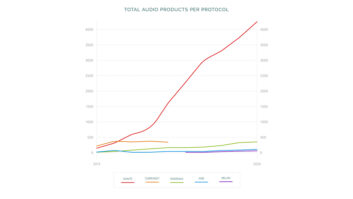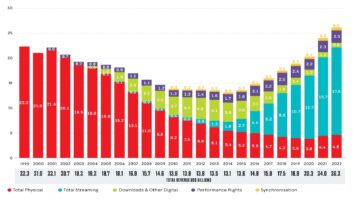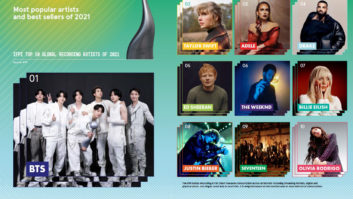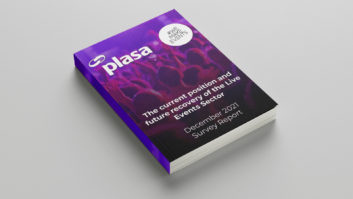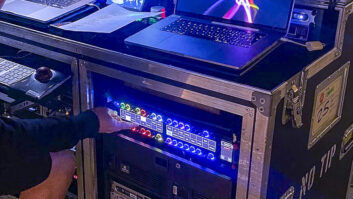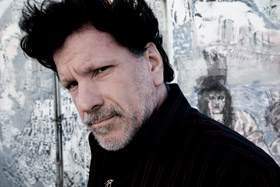
I recently played a show at a major performing arts facility on the East Coast, which not only had exceptional sound and lighting, and a multi-camera crew shooting in high-def, the venue streamed the show in real time online, where the performance now sits “in perpetuity.” At the end of the event, we were presented with a DVD of the performance (without having to ask), which looked and sounded great. A person can get used to this!
Remarkably, the venue’s production team pulled this off with one less person than usual on the sound team. That may not seem like much, but considering that we had only an hour to soundcheck an ensemble of 10 instruments, with a tight schedule of 30 minutes to set up and tear down on either side, you immediately feel the impact of the missing hand on deck.
Impressively, the lighting technician pitched in with the sound duties. She knew her way around the gear, fetching the appropriate DIs and mics for each of the instruments, organizing them, and getting the floor monitors wired and situated exactly as the FOH engineer asked. Moreover, she and the rest of the crew remained affable the entire time—focused, professional and generally upbeat—just as good producers keep their talent creatively positive while they’re under the soul-killing microscope of the recording studio.
I’d like to say, “Of course, the lighting tech knew what she was doing with the sound gear; she’s a pro.” But I can’t say that. I’ve been in a number of situations where the “pro” lighting folks were not only ignorant of every other technology, but on occasion they’ve also been criminally unskilled at their own job. The same goes for the person doing sound (more often than one should have to admit). It’s hard to forget when a lighting fixture drops from the rafters and crashes next to you onstage, or the vocal mic subtly feeds back throughout the set whenever the singer goes near it.
However, I find it more and more common that one or two people are doing the tech, and they handle all the chores with aplomb. They’re often young and part of the “Educated by YouTube” generation that, when they need to know something, they find every available resource online—choosing the genuine over the jive—and figure it out.
A personal example: one of my recording students was intrigued by the fact that our classroom studio used panels in the wall with XLR and TRS jacks to carry signals to the control room, rather than running cables across the floor. By the end of the semester, he had looked behind the panels, taught himself to solder cables and jacks, and researched how studios and patchbays are wired. Whether he was thinking that this was a great way to earn money was not clear, but I was very impressed that he figured it all out on his own. And audio is his second calling: he’s learning it to enhance his formidable knowledge in video production.
Many of the young people I run across are not approaching the craft like earlier generations, where they looked at it mostly as a way to make a living. They have things they want to do, and they teach themselves how to do it, because they know they can do everything—it’s affordable and within their reach.
When I meet someone, young or old, who expresses an interest in becoming an audio professional, they often ask what skills they should have. I tell them they need to know a little of everything, no matter what they end up doing: Besides experience in recording, editing, mixing and mastering, they should have a basic knowledge of music theory (enough to communicate with a musician) and MIDI sequencing, experience doing live sound reinforcement, enough electronics skill to make and repair cables, and some time logged in shooting and editing video and working with lights.
Those of us who were around before the Internet and the CD like to tell ourselves that, to remain viable in any field these days, we have to constantly expand our skills and stay abreast of the technological advances as they come. True. But we have to stop thinking in terms of differences between fields and look at our skill set in a holistic way.
In other words, we shouldn’t think of it as “expanding our skills” as audio specialists by learning how to shoot and edit video. Rather, we should approach it as a chance to learn another aspect of modern communication technology as a whole, the way our audience experiences it.
Forget that old saw “Jack of all trades; master of none.” You can be a master at anything you put the time into and still be a complete badass in others, all while maintaining a collection of skills that keep you from going hungry (and provide BS detection to know when someone you hire really knows what they’re doing). It just takes time and dedication: that next 10,000 hours, and perhaps another after that.

